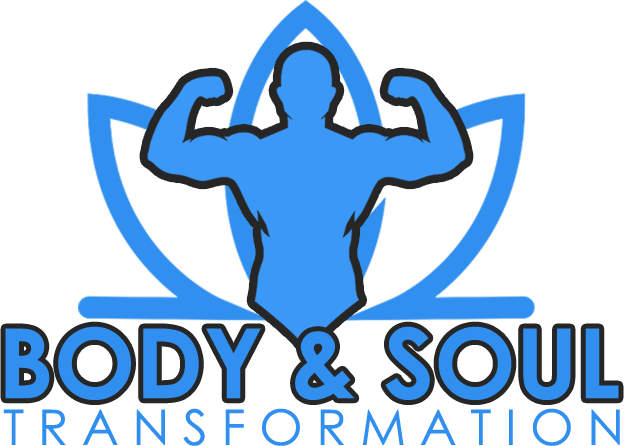Many coaches promote such an approach to training that it is necessary to do those exercises that are difficult, both physically and emotionally. The body resists for a reason, it is in these exercises that we will work out problem areas, it is through pain and “I don’t want” that people succeed, etc.
At one time I believed that it was true. I did the barbell pull in a tilt, although I never liked it. Yes, the exercise is effective, but I have never liked it, and I always tried to do it at the end of the workout.
As a result… There was no result. No, of course, the working weights have increased a little. But no more than that.
I didn’t make much progress on any exercise that I didn’t like to do, but I did it anyway.
As a result, I realized that all this is complete nonsense. It’s probably the same in all spheres of life – if we don’t like something, then we won’t progress in it. Or rather, to progress the way we would like it to.
And it seems that one of the latest studies of this subject only confirms the validity of this truth.
The team of scientists recruited 32 athletes, each of whom could squat at least 1.75 times their weight and press 1.3 times their own weight from the chest.
All of them had to maintain a daily protein allowance of at least 1.5 grams per kilogram of their weight.
The groups were divided into two, and each had to go through a complex training program for 9 weeks. They trained three days a week and performed six different exercises per workout. Rest between sets ranged from 90 to 120 seconds.
Their training was divided into three mesocycles:
1. 4 approaches to the exercise.
2. 5 approaches to the exercise.
3. 6 approaches to a complex exercise and
5 approaches for additional.
The training system itself was undulating. The first training day was easy, the second – average, and the third, as usual, heavy.
Each training session was supervised by certified strength and physical training specialists.
In one group everyone was told to perform a set of six fixed exercises.
The second group could decide which exercises from the list to perform. They were given such a list, and they decided for themselves how to train each muscle group.
What results did they come to?
Athletes who did the exercises forcibly, strictly from the list given to them, gained 0.98 kg of extra weight. In turn, athletes who chose their own exercises gained 1.6 kg of extra weight.
That is, it turns out that athletes who chose their favorite exercises themselves scored 60% more than athletes with programmed workouts.
In addition, athletes with freedom of choice have made more progress in the strength of the bench press. The other group’s strength in this exercise remained at the same level.
It is difficult to say whether there were physiological or psychological differences between the groups. Naturally, from a psychological point of view, you will perform the exercises that you like with great joy and zeal.
On the other hand, the physiological side can also play a role. If you are an experienced athlete, you know exactly which exercises will have a better effect on your height and strength, and you will choose them.
Regardless of the reason, this study may make you think twice when you decide to integrate an unloved exercise into your workouts.

